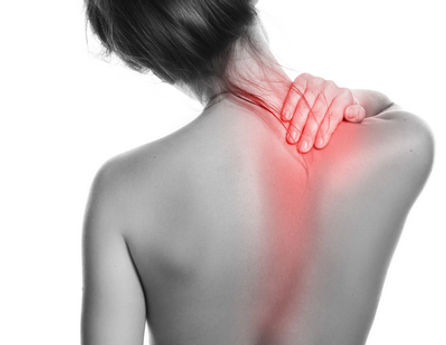Juvenile idiopathic arthritis treatment
Schedule an appointment with a professional rheumatologist consultant to get rid of pains in fingers and hands' joints that were caused by juvenile idiopathic arthritis. Tap the button below to fill the contact form.
What is juvenile idiopathic Arthritis?
Juvenile idiopathic arthritis is the most common type of arthritis found in children under the age of 16. It is an autoimmune disease caused by the body attacking itself. In juvenile idiopathic arthritis, the immune system attacks the synovium (joint linings), resulting in painful and swollen joints.
The term “idiopathic” means unknown as the causes of this disease are unknown. There are six different types of juvenile idiopathic arthritis. If left untreated, this disease can destroy cartilage and bones and cause harm to other parts of the body, including the eyes, lungs and heart. While there is no cure for the disease, it is possible to manage the symptoms and even achieve remission.

Symptoms and causes
Juvenile idiopathic arthritis causes painful and swollen joints that can appear red, especially in hands, wrists, elbows, knees and ankles. Many children experience stiffness when getting up in the morning or after staying in one position for an extended period of time. They may also develop a rash, experience loss of appetite, have a high fever or be fatigued.
Eye problems are common in juvenile idiopathic arthritis as well, including blurred vision and dry eyes. Children may experience one or more of the six different forms of juvenile idiopathic arthritis, such as polyarthritis which affects more than five joints or psoriatic arthritis. Most patients experience periods of flares and remission of varying length.

Researchers are not sure why certain children develop juvenile idiopathic arthritis. While there is no cure, it is possible to achieve remission with early, aggressive treatment. Treatment often includes prescription as well as over the counter drugs such as nonsteroidal anti-inflammatory drugs (NSAIDs) like ibuprofen and analgesics such as acetaminophen. Low-impact exercise is recommended, such as walking, swimming or biking.
A diet with plenty of fresh fruits and vegetables and whole grains may be beneficial; the “Mediterranean” diet is recommended as anti-inflammatory. Children should get enough rest. Procedures such as massage and acupuncture are also known to help alleviate symptoms. Some children may benefit from surgery if their condition is severe.
Treating juvenile idiopathic Arthritis







